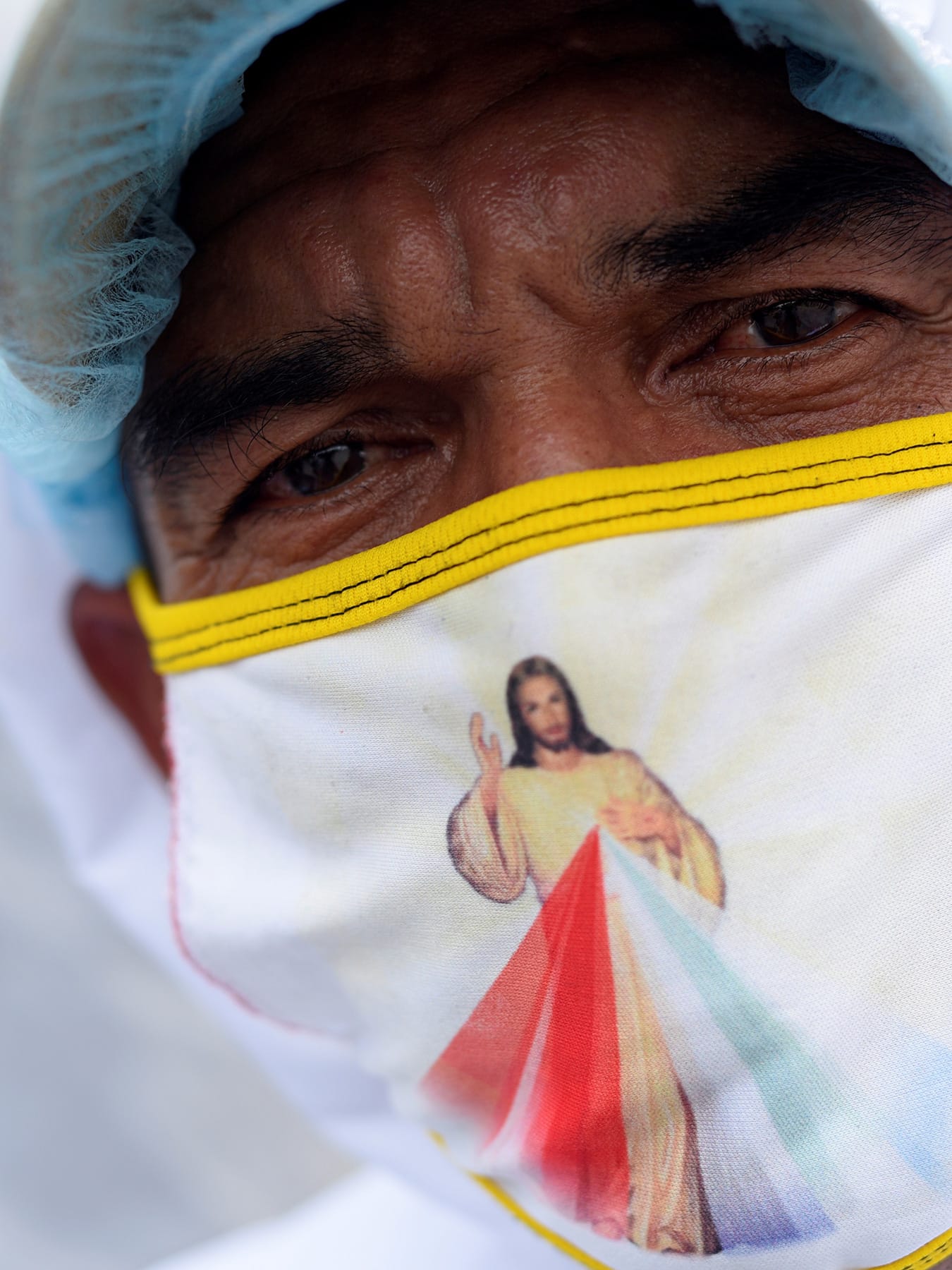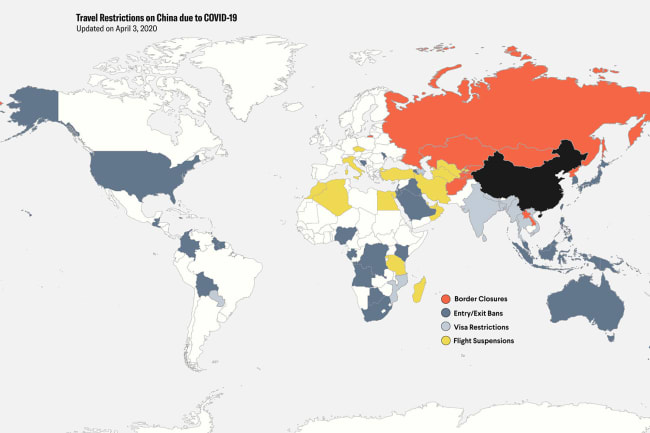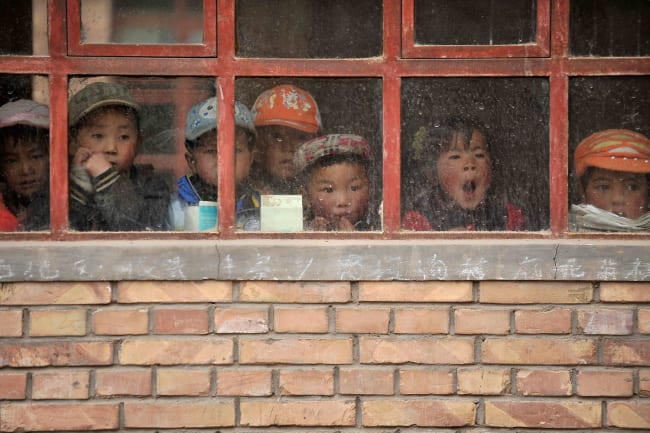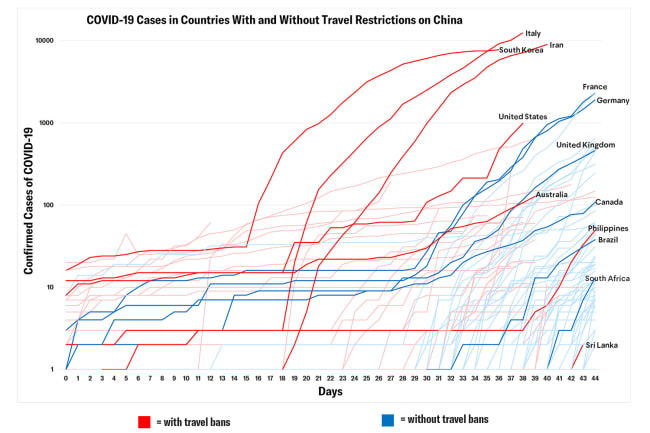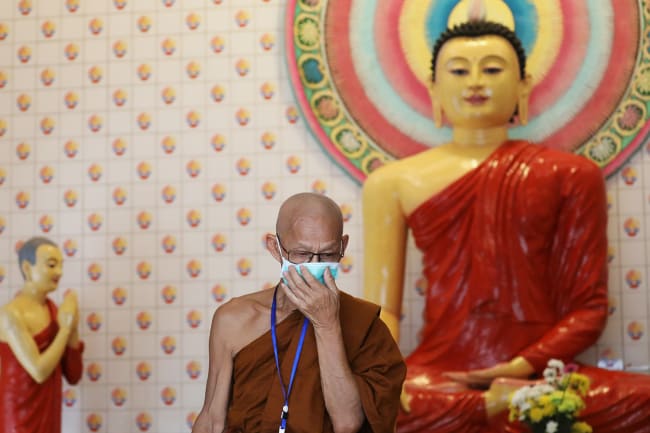In recent weeks, faith-based organizations and religious groups have faced criticism for contributing to the rapid spread of or impeding the public health response to COVID-19 (see, for example, the Shincheonji Church in South Korea, the Tablighi Jamaat gathering in India, and a Hasidic funeral in the United States). Religious organizations, however, are not necessarily obstacles in the fight against COVID-19. Rather, they can be crucial allies, particularly in places where they are deeply imbedded and where domestic and international health institutions, media, and government officials have less influence or reach. Given their unique influence, how can faith-based organizations best aid in the global fight against coronavirus?
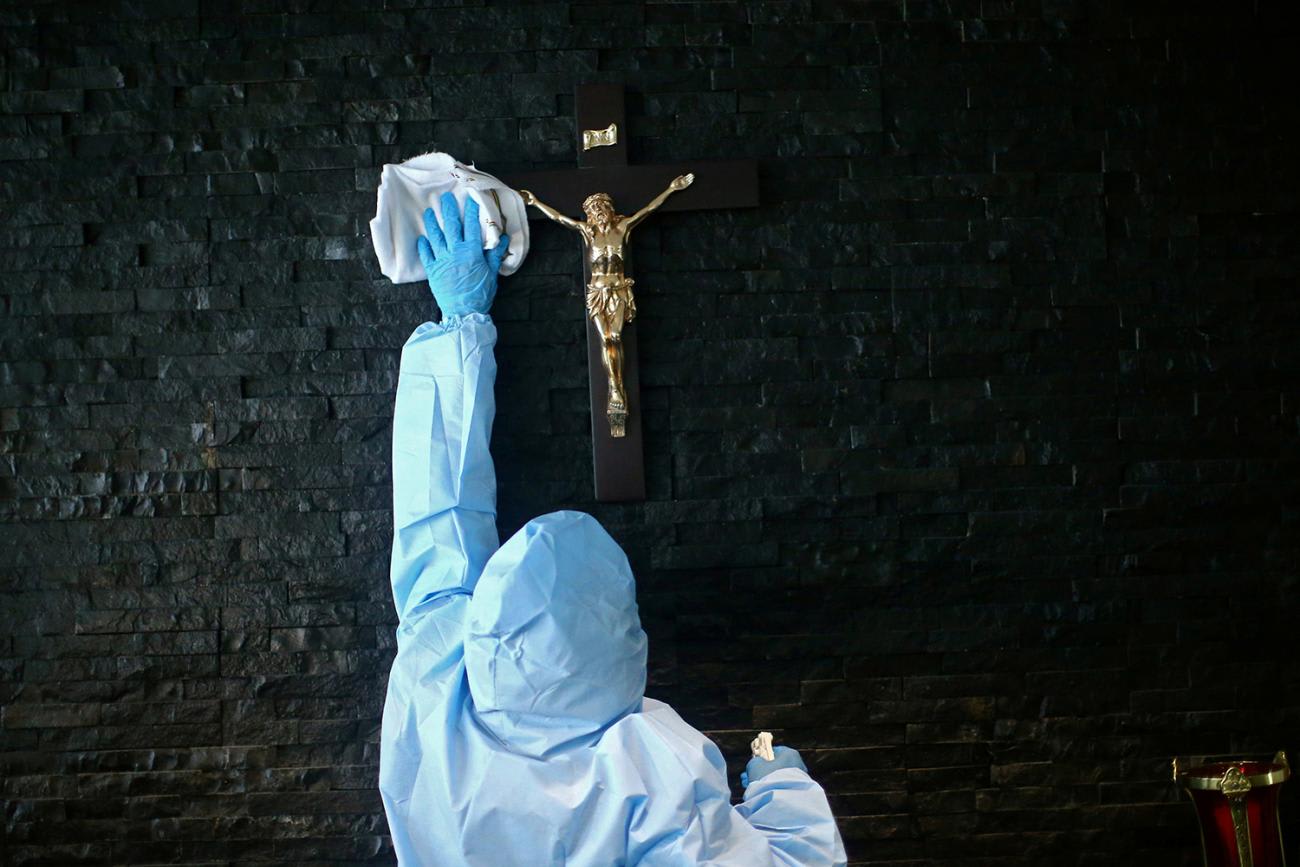
Advancing Coronavirus Education
In many places, faith-based organizations provide the backbone of daily life, offering not only spiritual and moral guidance but also providing their communities with gathering places and basic services like education. Particularly in times of instability, hardship, and uncertainty, individuals turn to religious leaders, whom they often trust more than media, government, and business officials for direction and information. In places where the ability of these leaders to reach people is not dependent on in-person meetings thanks to widespread digital infrastructure, providing education on coronavirus is significantly easier. There are many examples of U.S. Christian, Muslim, Jewish, and other faith leaders supplying their followers with practical information on how to protect themselves and prevent further spread.
In times of instability, hardship, and uncertainty, individuals turn to religious leaders, whom they often trust more
But even in places with low digital connectivity, faith-based organizations can and should work to educate their communities. In Somalia, for instance, religious leaders have partnered with the government to quite literally preach in the streets the importance of good hygiene practices, how to employ social distancing, and how to identify misinformation. While these efforts do not have the same reach as live-streamed services, they provide otherwise underserved or overlooked communities with crucial and trusted information. Given the dramatic impact that even the most basic public health measures, like handwashing and social distancing, can have on stopping transmission, these straightforward faith-based organizations-led education campaigns could ensure the most vulnerable communities are both aware of dangers and better able to protect themselves.
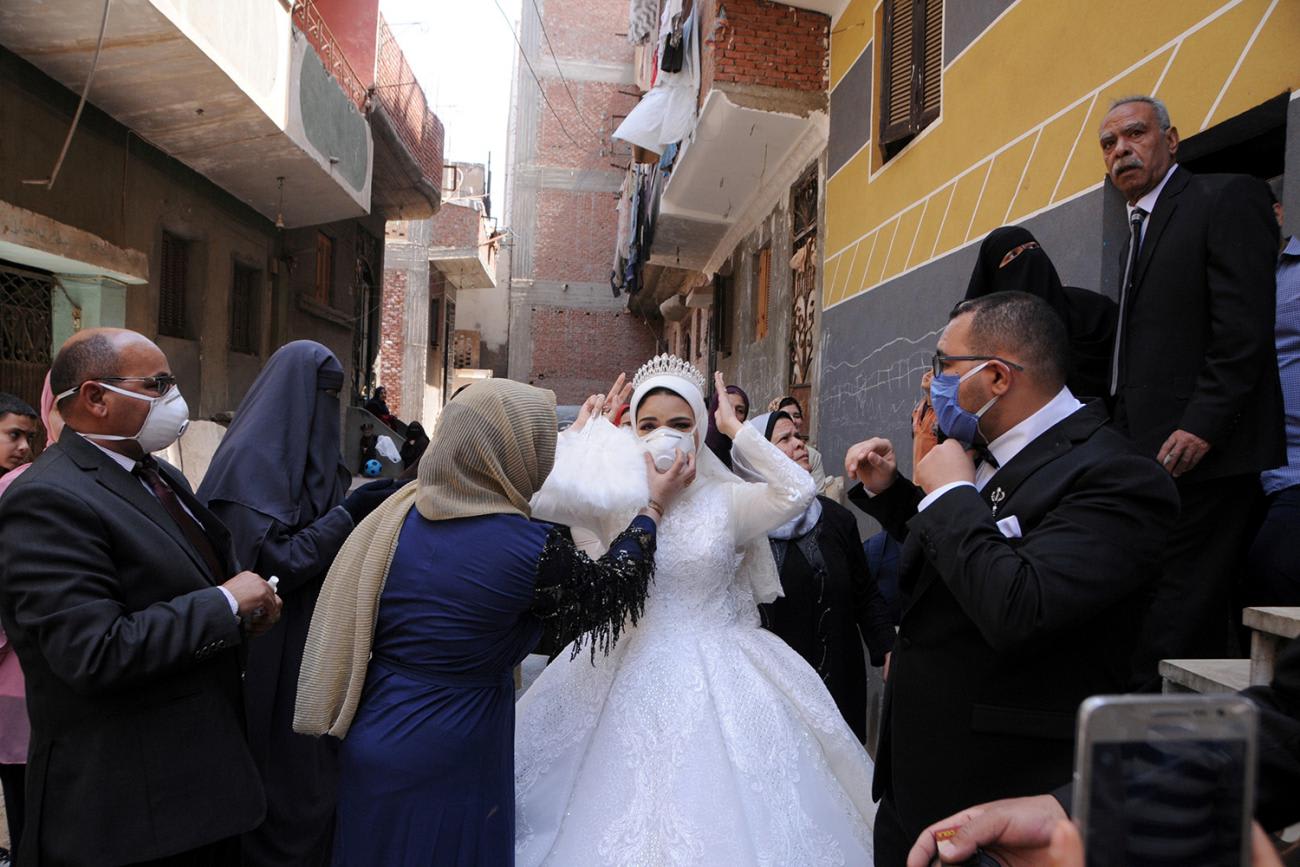
Conducting Remote Ceremonies and Religious Services
In just five months, COVID-19 and the methods necessary to combat it have already impacted religious ceremonies around the world, leading to limited funeral services and guests, solitary burials and shivas, canceled or delayed nuptials, weddings via Zoom, and sacraments and major religious milestones celebrated virtually or not at all.
The difficulty is rigorously guarding against disease transmission while still allowing family members to adhere to spiritual traditions
While many traditional ceremonies and rituals, if not postponed, can be conducted with only the essential participants or held virtually, burials pose a unique challenge. The difficulty is rigorously guarding against disease transmission while still allowing family members to adhere to spiritual traditions, see their deceased loved ones put to rest with dignity, and hopefully gain closure. In the United States, the Fiqh Council of North America has stated that funeral and burial services can be shared online with family members, and that tayammum, the cleaning of the body with sand, may replace traditional bathing rituals. In the United Kingdom and India, religious leaders—including several religious politicians—have successfully revised mandatory cremation policies. In Israel, some hospitals have created glass booths in which the deceased can be placed and viewed by their family members. Since COVID-19 is likely to persist until a vaccine is available, faith-based organizations should continue to adapt traditional ceremonies to respect dignity, maintain social distancing, and provide the grieving with some sense of closure.
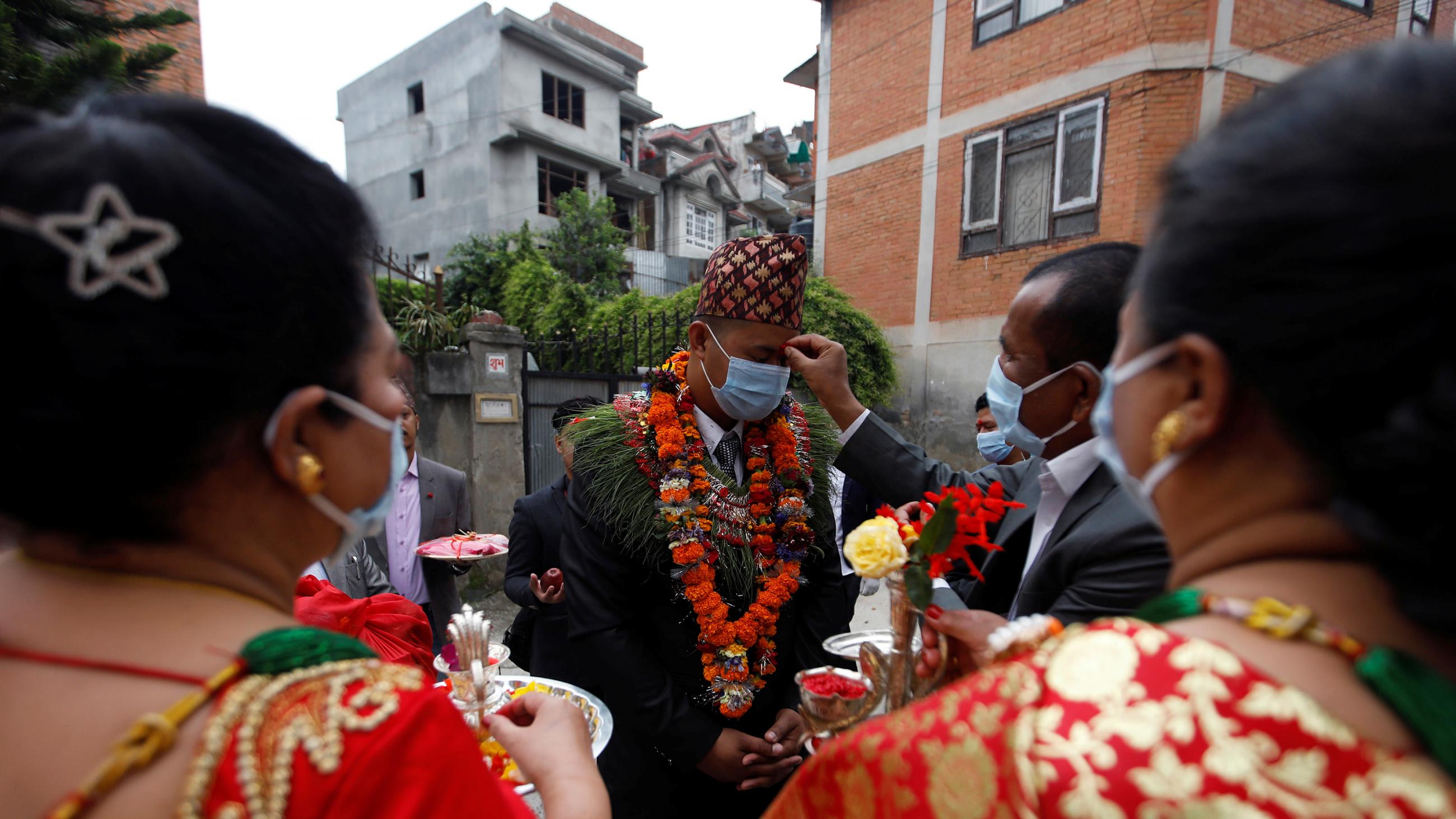
Beyond ceremonies like funerals and weddings, faith-based organizations should also adjust practices of more routine religious activities, like prayer and weekly services. Particularly when gathering in person is no longer safe, these religious services should be conducted remotely or virtually. In North America, Europe, and East Asia, where 80 percent or more of most people use the internet, the transition to remote or virtual services is a strange but feasible task.
Internet usage in North America, Peru, and Ethiopia, respectively
However, in middle-income countries like Peru, where internet usage is around 50 percent, or in low-income countries like Ethiopia, where it is near 10 percent, solutions are likely to be place-specific and may require partnership with local or national authorities. For instance, the Catholic Archdiocese of Peru launched an initiative to distribute prayers to families without access to television, internet, or radio. Whereas, in densely crowded Ethiopia, the government relaxed formerly strict rules on television broadcasting to allow Christian and Muslim leaders to deliver primetime lectures and prayers, reaching an estimated 60 to 70 percent of the population. These decisions allowed the faithful to continue prayers and religious activities from their homes and avoid risking exposure to or spread of coronavirus at religious gatherings. While the Peruvian and Ethiopian models are not a panacea for overcoming obstacles to remote activities everywhere, they highlight the potential for successful, context-specific solutions in maintaining continuity of religious services.
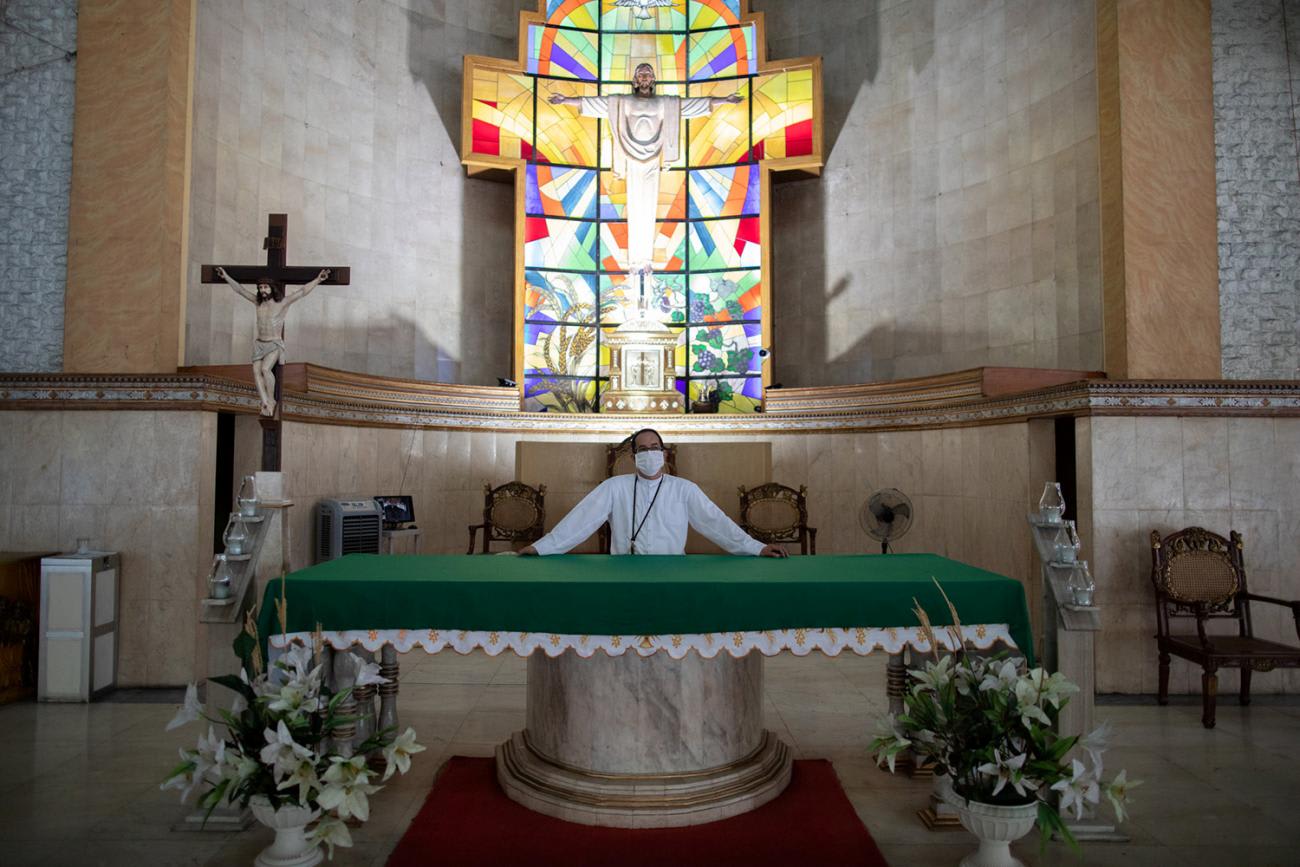
Upholding Human Rights
Religious leaders are uniquely able to form connections within their communities, offer messages of hope and resilience to vulnerable or marginalized groups, and as WHO recommends, "publicly stand against statements and acts that encourage violence and human rights violations."
Publicly stand against statements and acts that encourage violence and human rights violations
WHO recommendation to religious leaders
Already, a mosque in Istanbul, Turkey and a church in Norfolk, England have opened up food banks. Sikh temples in Surrey, British Columbia are delivering groceries to the especially vulnerable. Furthermore, several Chinese churches in London are combatting racial discrimination by providing their members with counselling services and meetings aimed at young children and their parents. On a global scale, religious leaders, including Pope Francis and the Dalai Lama, have reinforced messages of compassion for the vulnerable. For example, Pope Francis urged adherents to "make our closeness felt toward those persons who are the most lonely and tried."
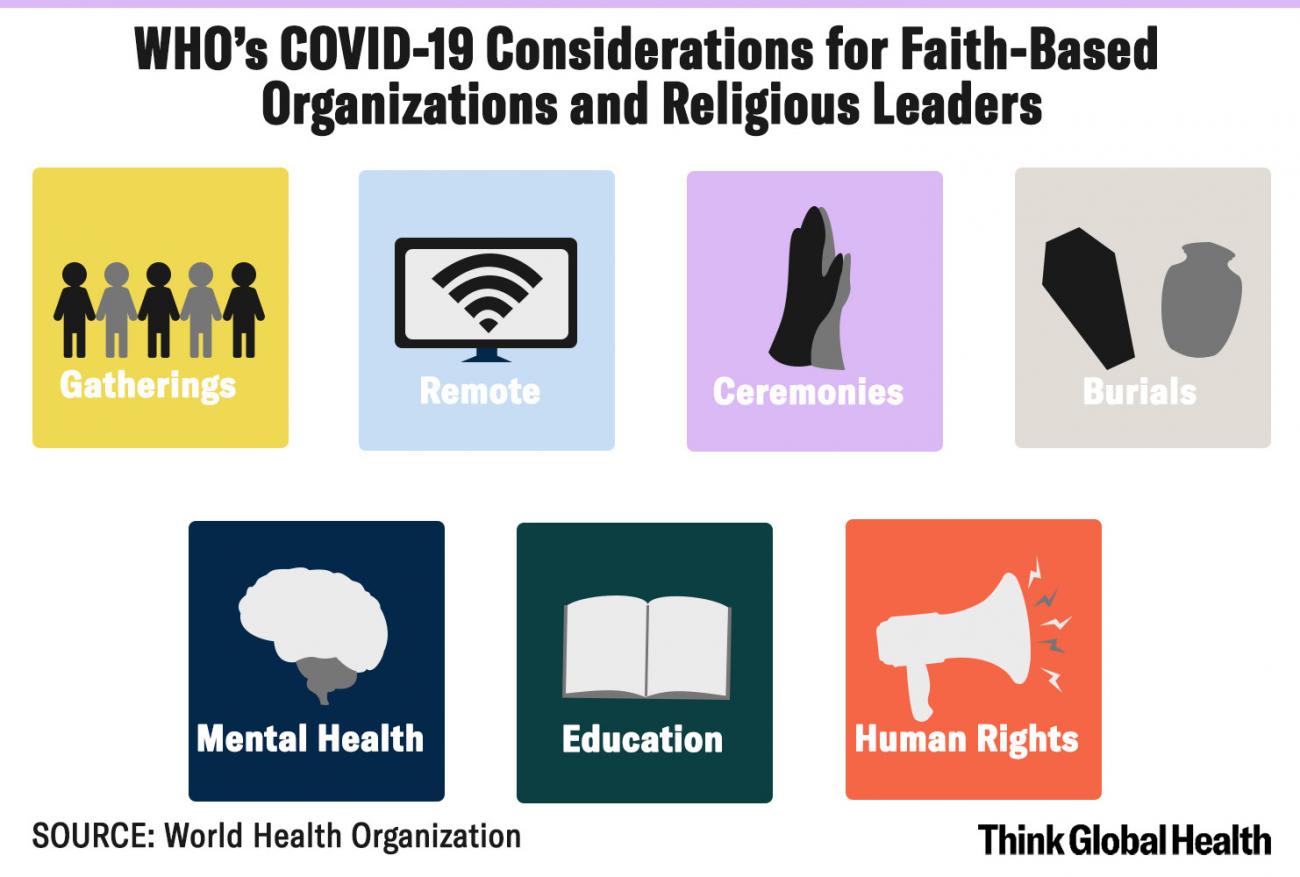
As outbreaks of COVID-19 take hold in autocratic, war-torn, or otherwise vulnerable communities, religious leaders and faith-based organizations ought to extend this compassion towards those facing discrimination or oppression. Any attempts to use coronavirus to violate human rights, such as President Rodrigo Duterte of the Philippines authorizing the police and military to shoot lockdown violators, should face swift and harsh condemnation by local, national, and international religious organizations, even if the vulnerable or attacked are of different faiths, identities, or backgrounds.
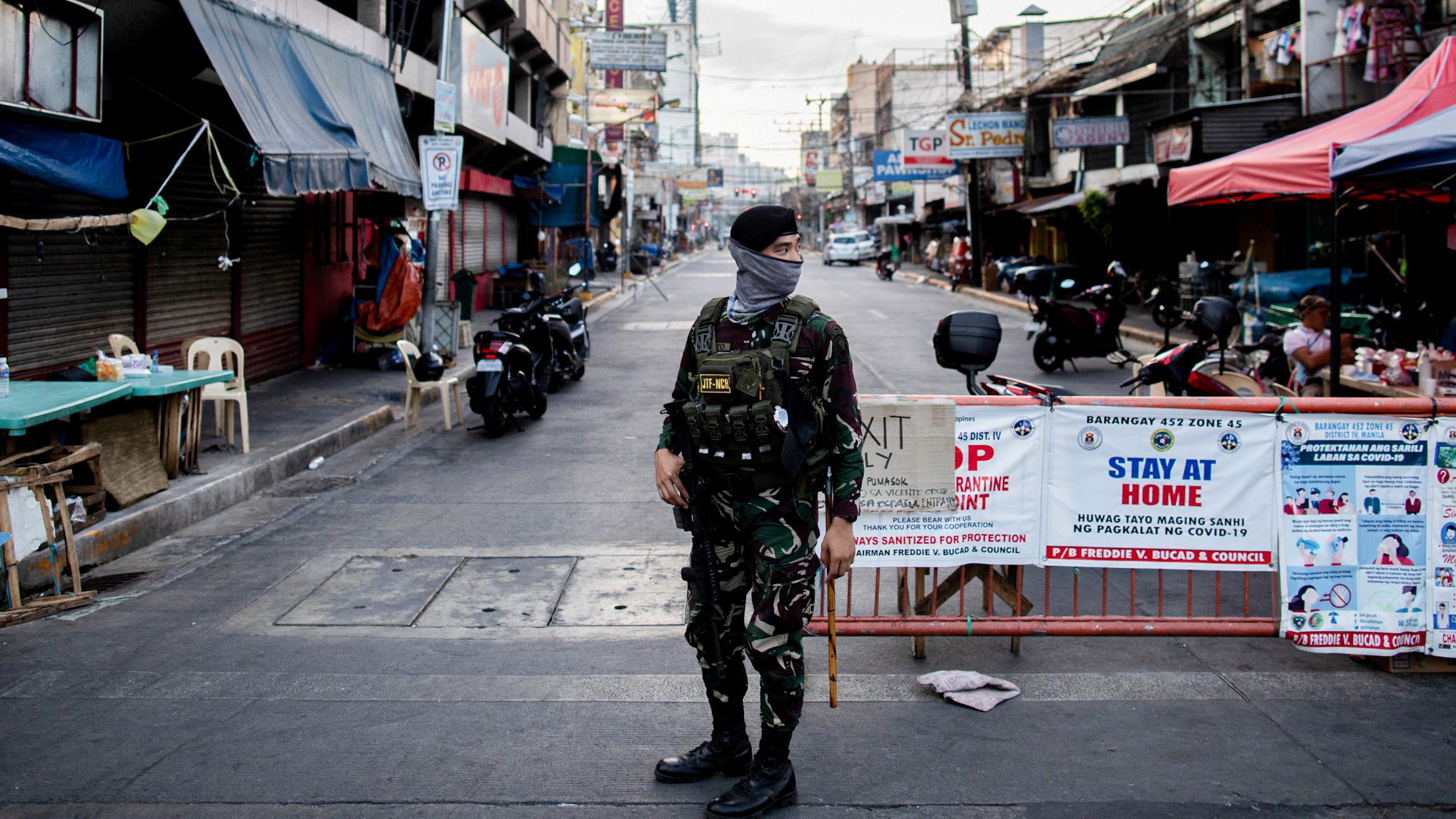
With no end to the pandemic in sight, the global community must engage all actors to effectively combat the spread of COVID-19. While unfortunate decisions or inaction by specific religious groups often receive the most attention, faith leaders are crucial community partners in this global fight. Through adaptation, advocacy, and education, faith leaders can help to control transmission and provide their adherents with a sense of dignity, community, and security crucial in these uncertain times. Of course, the challenges faith-based organizations and religious groups face are great, and their magnitude varies across borders and even between communities. But, in weathering and ultimately stopping this pandemic, particularly in underserved, unstable, or otherwise inaccessible communities, faith leaders are allies who must not be forgotten.
